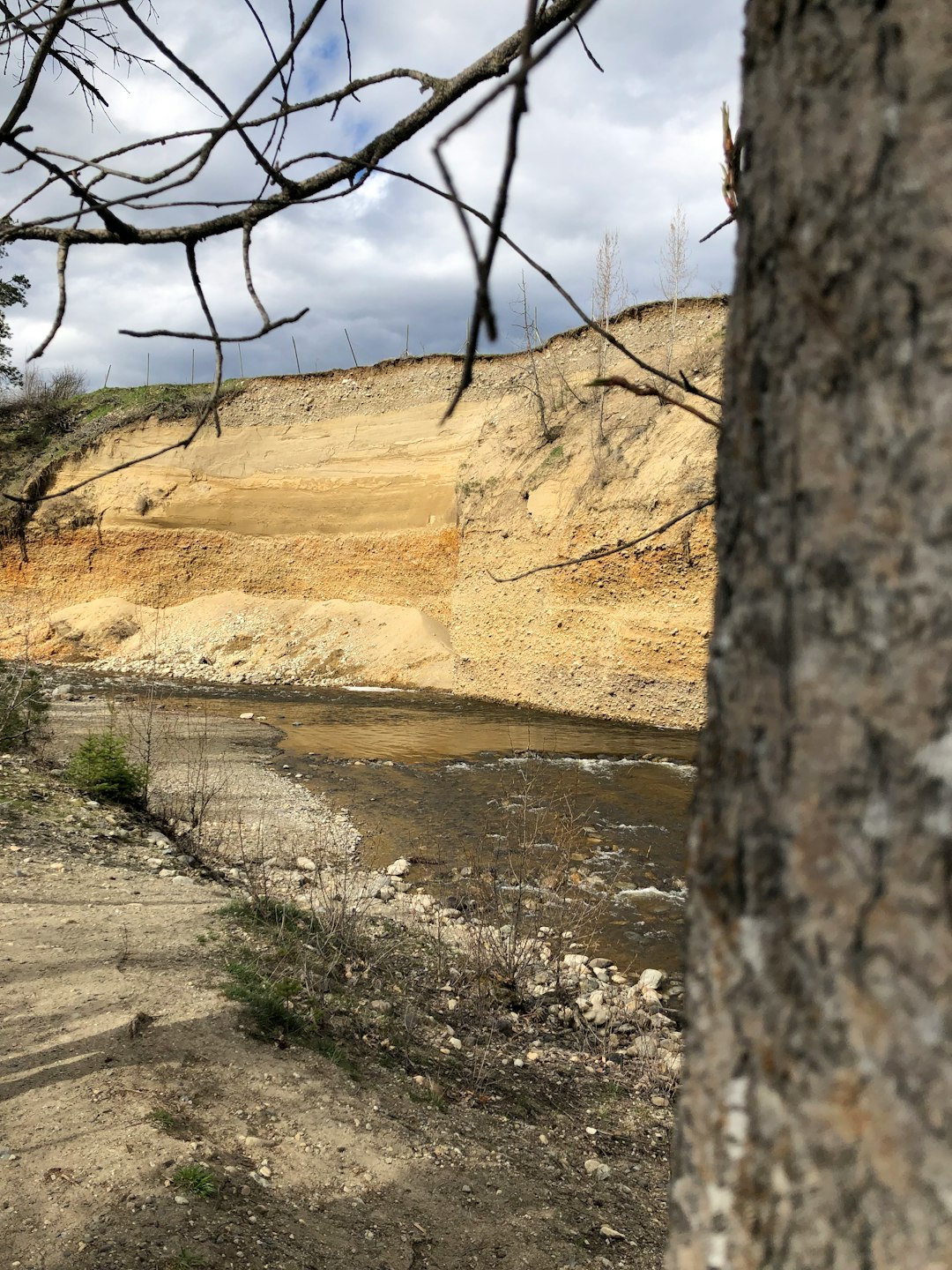

The thought of parting with your land in Hawaii might be bittersweet, yet the financially rewarding possibilities it offers can not be ignored. The Hawaiian property marketplace is including enthusiastic customers looking for their own item of the island's breathtaking landscapes. The diversity of the land, varying from rich rain forests to volcanic terrain, continues to draw in a myriad of investors and nature-lovers alike.
Nevertheless, the choice to sell should not be ignored. It's critical to comprehend the one-of-a-kind placement that Hawaiian land holds within the property industry. Aspects such as place, ease of access, zoning limitations, and the shortage of developable land add to its desirability and can dramatically affect the worth and bankability of your residential property.
In this exotic haven, real estate isn't nearly the 'where,' however also the 'exactly how.' The cultural significance, community ties, and historical context of the land are all important to its appeal. Sellers have to browse these nuances to effectively involve with prospective buyers who appreciate both the substantial and abstract charms of having land in Hawaii.
Several essential factors can influence the worth of your Hawaiian land. It’s vital to perform detailed research study and seek expert evaluation to ensure you have an accurate picture of your residential property's worth. Climate, soil fertility, and closeness to prominent spots or cities are normal features that enhance land value. In addition, we can’t overlook the effect of Hawaii’s tourist market, as it develops a high demand for growth of hospitality locations, leisure facilities, and exclusive resorts.
Additionally, the governing environment in Hawaii, noted by rigorous land use plans, dramatically shapes the marketplace. Efficient zoning and the preservation of all-natural and social heritage websites usually specify the level of growth acceptable on your land, consequently affecting its appearance to possible investors. Remaining educated regarding these policies will help you readjust your expectations and tailor your advertising and marketing method appropriately.
Accessibility to infrastructure is another substantial driver behind land worths. The availability of utilities, roads, and other needed solutions can either raise your building's market value or demand added investment from the buyer’s side to establish these sources. As a seller, it's suggested to be ahead of time concerning the degree of framework linked to your land to assist in a smoother settlement process.
When making a decision to market your land, certain prep work can improve its appeal and accelerate the sales procedure. At first, it's wise to deal with any type of landscaping concerns. Overgrown vegetation, particles, and disregarded frameworks can detract from the building's all-natural appeal and possibility. A well-maintained parcel of land gives a much better canvas for customers to envision their dream task.
Further, conducting an extensive land study is crucial. This step not just clarifies your land's borders but likewise determines possible encroachments or easements that could influence the sale. Openness with these details can avoid future disagreements and develop trust with your customers.
It's also important to think about environmentally friendly methods. Conservation efforts can not just protect the regional atmosphere but likewise be especially appealing to the market sector that values sustainability. Taking steps to safeguard native species and landscapes can be a marketing point, mirroring a dedication to the stewardship of Hawaii's one-of-a-kind biosphere.


Handling the lawful elements of land sales can be difficult but is essential to stop problems in future purchases. For Hawaii landowners, a deep dive into the neighborhood laws worrying building sales is a must. Engaging a lawyer, particularly one with know-how in Hawaiian real estate regulation, will certainly supply the assistance needed to browse these complicated waters.
Guarantee all real estate tax are up to day, licenses remain in order, and there are no liens or disparities that could restrain a sale. It's critical to analyze title insurance choices, too, to protect versus potential title conflicts. The Hawaiian property market can be especially sensitive to problems bordering genealogical land and long-lasting household insurance claims, making a clear title paramount in making certain a smooth shift of ownership.
Knowledge with state-specific disclosures is also an indication of a duly attentive seller. Hawaii has various disclosure needs that include identifying whether the residential property remains in a Special Monitoring Location or if it falls under particular ecological influence areas. Being knowledgeable and ready to attend to these issues conveys professionalism and removes the course for even more straightforward settlements.
Marketing Hawaiian land demands a strategy that resonates with the distinct elements of the home. Utilize a mix of on the internet listings, local real estate systems, and social media sites to reach a wide audience. Highlighting the special attributes of your Hawaii property, such as its spectacular views, cultural significance, or capacity for advancement, can capture the imagination of potential buyers.
Specialist digital photography that showcases truth significance of the land can make a substantial distinction. Virtual scenic tours or drone video can additionally be advantageous in providing an immersive experience for possible customers who might not have the ability to go to face to face right away.
Networking within the neighborhood and appealing regional real estate agents can assist in finding severe customers. Realty representatives in Hawaii usually have connections with investors specifically thinking about Hawaiian residential or commercial properties. Becoming part of neighborhood realty networks can open doors to these sources, ensuring your land obtains the focus it is worthy of from the ideal customers.


Marketing a residential or commercial property in Hawaii can be both psychological and facility. The bittersweet challenge usually entails parting with a place that holds a trove of memories. As a seller, your purpose is to display the residential or commercial property's significance while achieving a profitable and smooth transaction.
Discussion is vital in the Hawaiian realty market. Staging your residential or commercial property and premium digital photography that records the allure of your home and its environments can significantly affect purchaser impacts. Utilizing an astute property representative with a track record of successful sales within your area is an additional crucial element.
An understanding of existing market conditions, correct rates, and tactical marketing are the linchpins of an effective sale in Hawaii. Your representative ought to have experienced settlement skills and an extensive marketing plan, leveraging contemporary digital systems besides conventional channels to reach a worldwide audience that is attracted to the Hawaiian lifestyle.
To conclude, Hawaii's real estate market supplies a thrilling mix of charm, chance, and unique challenges. Whether you're acquiring your initial island home, investing in a holiday residential property, or selling your piece of heaven, the trip calls for a blend of persistent study, professional advice, and a deep recognition for Hawaii's distinctive character. With cautious preparation and a regard for the islands' culture and regulations, you can navigate this market to find your really own piece of paradise or embark on a promising financial investment endeavor. May your Hawaiian real estate journey be as enriching and joyful as the islands themselves.
The closing process for land sales in Hawaii normally involves a collection of steps where both purchaser and vendor commit to the transaction. It starts with the buyer's supply, adhered to by arrangements, up until both celebrations get to an equally agreeable price. When this is accomplished, a purchase and sale arrangement is authorized, and the purchaser normally pays a down payment deposit to safeguard the dealing.
Throughout the duration leading up to closing, the purchaser will certainly perform due persistance, which may include ecological analyses, land studies, and zoning compliance checks. As a seller, being arranged and transparent can help in accelerating this procedure, however, perseverance is often required as due diligence completely conducted takes some time.
Finally, at closing, ownership of the building is formally transferred from the seller to the customer. This usually happens at a title business or an attorney's office where all required documents are authorized, and the remainder of the acquisition price is paid. It's essential to deal with a relied on escrow firm knowledgeable about Hawaiian property transactions to ensure that all documents are appropriately performed and that the funds are properly disbursed.
In conclusion, marketing land in Hawaii can be a fulfilling undertaking if come close to with treatment and attention to information. From comprehending the market vehicle drivers to closing the deal, each action needs foresight and prep work. By straightening the marketing process with the distinct top qualities of Hawaiian land and employing the solutions of specialists well-informed in regional property, property owners can ensure an effective and satisfying verdict to their realty trip in paradise.

You can get a professional appraisal, compare recent sales of similar properties in your area, or consult with a real estate agent specializing in land sales.
Selling your land may involve capital gains tax and transfer taxes; consulting with a tax advisor is recommended to understand your obligations.
Yes, but any outstanding property taxes will need to be settled at closing from the proceeds of the sale.
Selling with flexible terms like owner financing may attract more buyers quickly who prefer non-traditional financing methods.
The essential documents include the deed, property tax receipts, land survey, and any existing agreements or restrictions on the property.